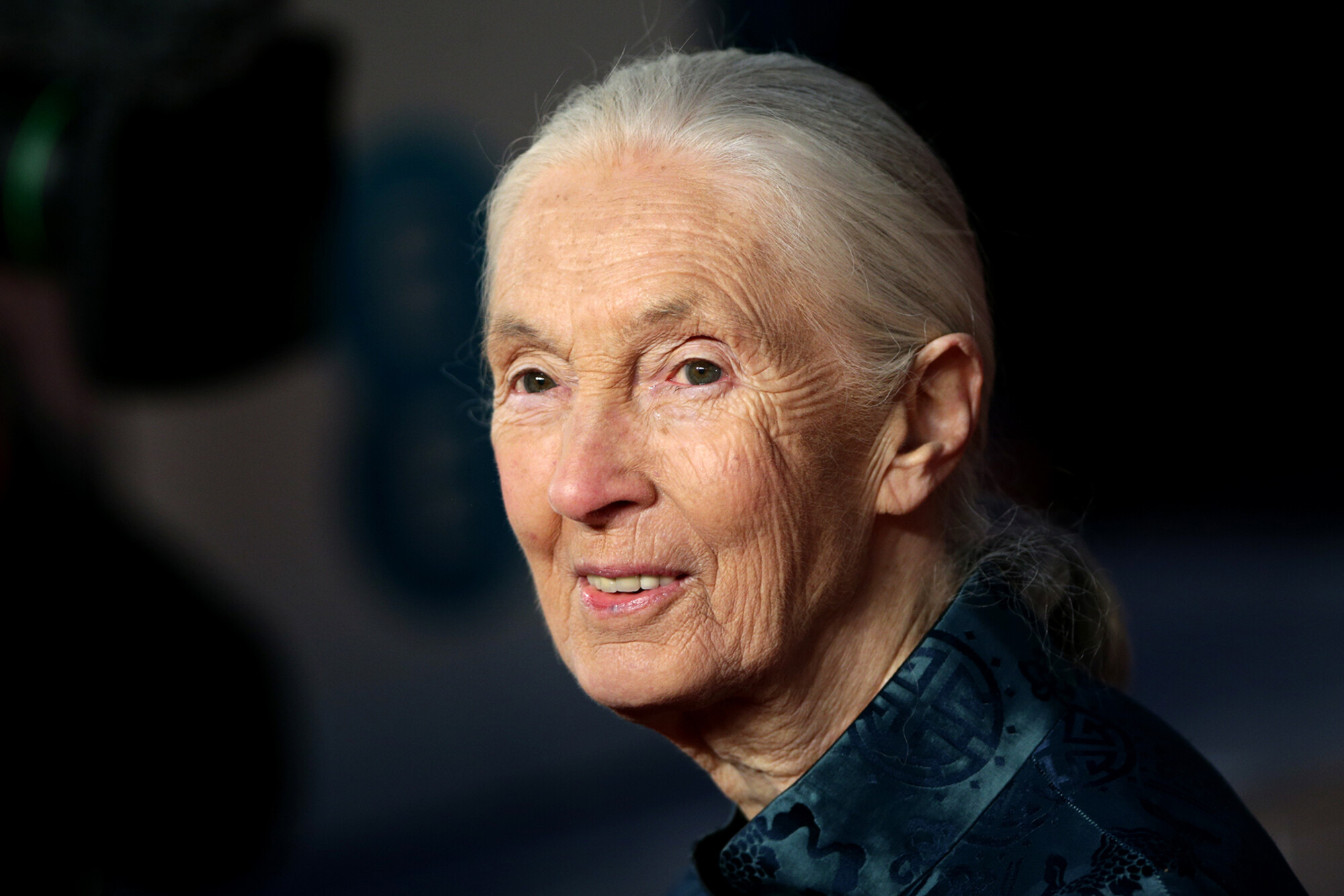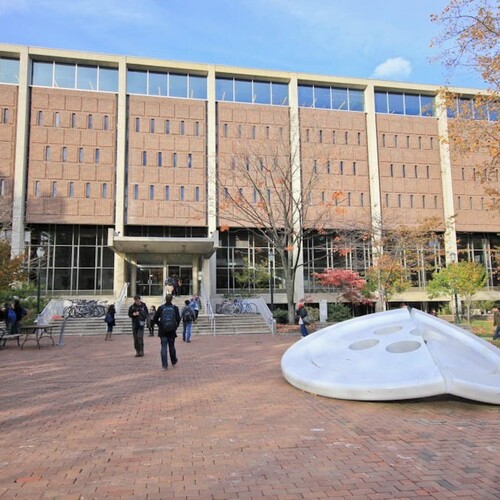
News

News

Who, What, Why: Brian Vivier leads Global Collections at Penn Libraries

Three student actors, 45 minutes on an international stage

The poetry of ancient math

Penn Libraries’ collection conservation director

Radio days for rising third-year Luiza Sulea

A public-facing, interdisciplinary, and student-centered approach to philosophy
News

Five insights into the history of government shutdowns

Women’s labor and political agency in Delhi

Two leadership gifts elevate Jewish Studies at Penn Arts & Sciences

The discovery of a tomb linked to King Midas

Navigating gender and power in South Korea

The rise of tariffs
News

Does AI limit creativity?

Deepfakes, digital doubles, and the law: Jennifer Rothman on protecting identity in the AI era

Understanding the Fed’s inflation outlook

The Wharton School launches Master of Science in Quantitative Finance with $60M gift from Bruce I. Jacobs

Ella Vance: Diving into the causes of crime

Who, What, Why: Third-year gets a taste of the film biz
News

Applying design to agriculture for a new approach to agroforestry

Does early-life cellular activity influence cancer and aging?

A summer in the tick trenches

What stiffening lung tissue reveals about the earliest stages of fibrosis

Charles Kane to receive Lorentz Medal

Foraging patterns and preferences of local honeybees
News

AI at the eyelid: Glasses that track health through your blinks

Students test one way to combat extreme heat in Philadelphia

Helping robots work together to explore the Moon and Mars

A generative AI model that designs new antibiotics

Penn Engineers send quantum signals with standard internet protocol

A new way to guide light
News

On collaborating with Jane Goodall

Psilocybin targets brain circuits to relieve chronic pain, depression

Second infection in kids doubles long COVID risk

Prevention, protection, and trust for children’s health

Future mRNA vaccines may prevent food and seasonal allergies

A new Penn Vet clinic brings support and hope for dogs with retinal disease
News

Michael Weisberg on building community at Penn

Noah Royal Milad: Purpose and community

Penn receives $5M gift for new theatre

From framework to actions: Provost John L. Jackson Jr. talks Penn Forward

Water Environment Federation, Amazon, Penn’s Water Center, and leading utilities of the world launch groundbreaking Water-AI Nexus Center of Excellence

Making math add up for seventh graders
News

Penn receives $10M to strengthen urban research locally and globally

Three things to know: Postdoc Shana Scogin on Nepal’s youth uprising

Penn Glee Club performs in Tokyo, Hong Kong, and Beijing

Penn Washington names Celeste Wallander as inaugural executive director

Penn leaders-turned-diplomats reflect on American statecraft and foreign policy

Turning bicycles into an engineering study tool

Health & Medicine
Penn Dental on Cedar bridges medicine and dentistry, lightens ER demands
Penn Dental Medicine at PHMC on Cedar is one of five community care programs the School of Dental Medicine operates. At Penn Dental on Cedar, part of the mission is to integrate dental and medical care.
Upcoming Events
Living with Risk in Ancient Rome and Today
Part of the Global Discovery Lecture Series in which Penn professors share innovative research, this lecture will feature Cam Grey, professor of classical studies in the School of Arts & Sciences, discussing what it means to “live with risk.” Grey will draw upon anecdotes from the (late) Roman world and present day. Open to the Penn community. Register to attend.
 Special Events
Special Events
2025 New Acquisitions Showcase
This annual Penn Libraries showcase will display new acquisitions from the past year by Kislak Center curators and colleagues. This is a drop-in event; registration is not required. Free and open to the public.
 Music
Music
Greek American Music in the Early 20th Century
Ethnomusicologist and re-mastering engineer Christopher King will reflect on the pivotal role of migrant communities and early American record labels in the dissemination of Eastern Mediterranean music. Recordings from King’s collection of 78 rpm discs will be paired with a live musical performance. Registration is required for guests outside of the Penn community.
Title IX Compliance in Athletics
Penn's Title IX Resolution with the U.S. Department of Education Office for Civil Rights
Penn Priorities
A look at a few of our big picture priorities that improve Penn as we create knowledge to benefit the world.
Equal Opportunity and Nondiscrimination at Penn
The University of Pennsylvania seeks talented students, faculty, and staff with a wide variety of backgrounds, experiences, and perspectives. The University of Pennsylvania does not discriminate on the basis of race, color, sex, sexual orientation, religion, creed, national origin (including shared ancestry or ethnic characteristics), citizenship status, age, disability, veteran status or any other class protected under applicable federal, state, or local law in the administration of its admissions, financial aid, educational or athletic programs, or other University-administered programs or in its employment practices. Questions or complaints regarding this policy should be directed to the executive director of the Office of Equal Opportunity Programs; Franklin Building, 3451 Walnut Street, Suite 421, Philadelphia, PA 19104-6106; or (215) 898-6993.








